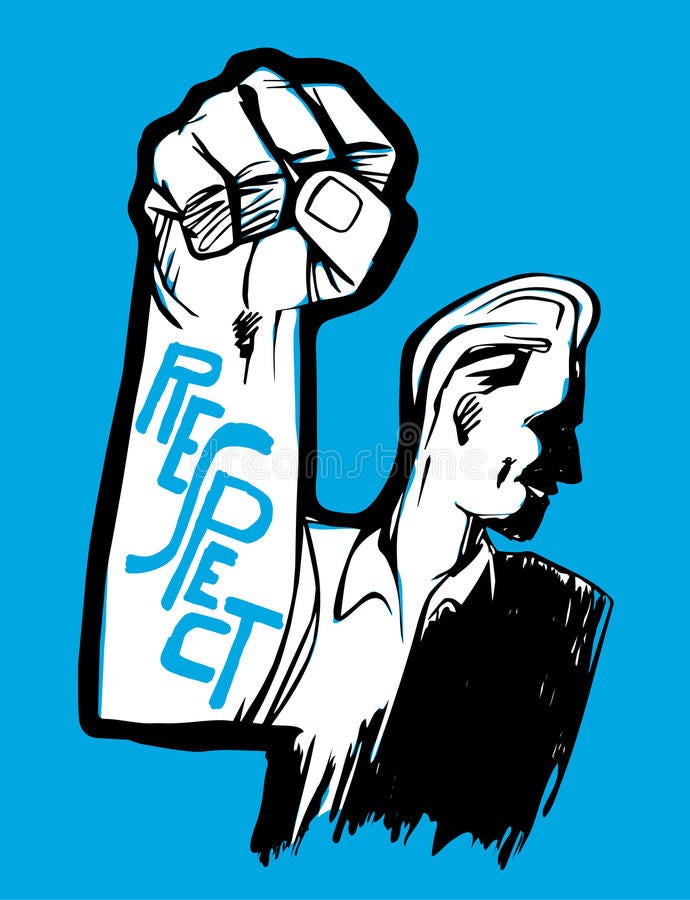Iseem to be teaching a lot of people in their 20’s lately about negotiating. There’s an art to creating a mutual win also known as negotiating.
Negotiating is a skill many people never learn. That’s why we say yes to an offer we’re not happy with or have regrets that we could have gone the extra mile and requested more money/people/resources etc.
Here’s how to negotiate properly and do well:
Never go first.
No matter what happens, never go first in the negotiation. Think of negotiating like a game of poker.
You want to see what cards they have first before you make your move. The moment someone knows what cards you’re holding, they may choose to take advantage of you (they may not as well).
Leave it to the other side to make an offer first.
Always be respectful.
The biggest problem with negotiating is people’s egos get in the way. Lead with respect and you’ll get what you want. Respect means understanding their point of view and trying to see things from the other side of the fence.
“Listening and rebutting their arguments with respect is how you master the gentle art of negotiating”
No one wants to see and hear your big fat ego and be spoken down to. You may have more money, a bigger company or more success, but that doesn’t mean anything if you don’t show respect.

Counter-offer.
Many of my millennial friends make the mistake of thinking that the first offer is all that’s on the table. The first offer is normally what is referred to in sales as a “low ball.”
The first offer is where the other side is testing the water to see what you’re thinking. Don’t fall for the low ball. Think of the first offer as research and not as genuine and final.
Once the first offer is out there, it’s time to counter-offer. They’ve tested the bottom and now it’s time for you to test the top.
Go with a really high ‘ask’ or number. Observe their reaction carefully. They’ll probably hit you back with an offer that’s in the middle or lower than yours.
There’s no magic trick here other than keeping the idea that mutual value is a must for a successful negotiation.
If you get all the wins, then the deal could fall over later on because of it.When both sides are happy, you’ve mastered the gentle art of negotiating and mutual value.
Walk away from the deal.
There will be times when the other side only wants to give you one offer or won’t go any further. If you haven’t reached a point of mutual value, walk away. If your gut feeling doesn’t feel right, walk away.
There will always be another deal, another opportunity.
Having regrets is far worse than any other outcome that can stem from a negotiation.
Sleep on it.
Walking away doesn’t end there. You can always re-join a negotiation even though you probably think you can’t. You have to battle this mental block and see blue sky and opportunity.
Nothing is ever final. The other side will almost always come back to the deal table. If they don’t, the deal wasn’t meant to be.
After you’ve walked away from a deal, my recommendation is always to sleep on it. I have the same advice for making important decisions, dealing with haters online and deciding who your next romantic partner will be. Always sleep on it.

When you have loads of energy after a good night’s sleep, you think differently and you act differently. I walked away from a deal that meant a lot to me and after I woke up the next day, I realized I wasn’t grateful for the offer I had received or the relationships I had built.
I rang up the other side and told them this flaw from the negotiation we had been going through. They were so happy that I had come to this realization and offered me something even better than what we were discussing previously.
Always reset that million-year-old brain of yours before making any negotiation or decision final.
Try a different angle.
If the negotiation is not going your way, then try another angle. Think of something that is totally counter-intuitive and different to what you pitched previously. Find another way. Change your thinking.
Sometimes the best negotiations are ones where both sides realize they were thinking about the deal wrong.
Allow the other person silence to think.
People that understand silence are superhuman. In a negotiation, when you make an offer, you need to shut up.
The worst thing you can do is keep talking. You need to allow the other side to think about what you’ve said and the offer you have put on the table.
Big gaps of silence in a negotiation are a good thing. It means you have the other side’s attention. It’s a sign that you’re reaching a middle ground — also known as mutual value.

Don’t ever answer your own questions.
Questions are the main tool you use in every negotiation. Don’t say something dumb like “Would you accept my offer of $20,000 to do the project? That offer is probably too high though isn’t it for you?”
Answering your own question takes the offer you’re proposing off the table straight away. If you know the offer you’ve pitched is dumb, then you probably shouldn’t have pitched it in the first place.
Create urgency through deadlines.
Some negotiations, like Slack conversations, never end. They go on forever and an end is never in sight. You need to create urgency so that the negotiation will come to an end. Even if the endpoint is made up, you must have one.
If you’re waiting for the other side to respond to your offer, then give them a timeframe. Tell them a legitimate reason why your offer is time critical. Say this why thinking in your head “Everything is time critical including life itself.”
Bring in a third party that they can never talk too.
The deal may be going too fast as well. If you need to buy time you can slow everything down by introducing a third-party that the other side can never meet. The classic example of this is in the home improvements business.
A builder may go to visit the home and provide a quote. At the end of the quotation, they’ll ask for the business and the homeowner will say “I need to talk to my partner to see what they think.”
The builder can’t talk to the partner because they’re not there, so it slows down the negotiation. The same can work in business, your career and your personal life.

Finish the negotiation on a high.
No matter the outcome, finish the negotiation on a high. Tell the other side how much you respect their position. Finish with this line:
“I’m always open to opportunities, so if you see something that may interest me, my door is always open.”
If the negotiation is in the other parties’ hands, finish with this line:
“Whatever you decide, if the deal is not right, I’ll shake your hand and wish you all the best.”
Those two lines are how you finish a negotiation on a high.
“In a negotiation, people remember the person you are, not the deal you’re negotiating”
https://medium.com/the-mission/the-gentle-art-of-negotiating-and-how-to-do-exceptionally-well-9cf4717270a

Recent Comments